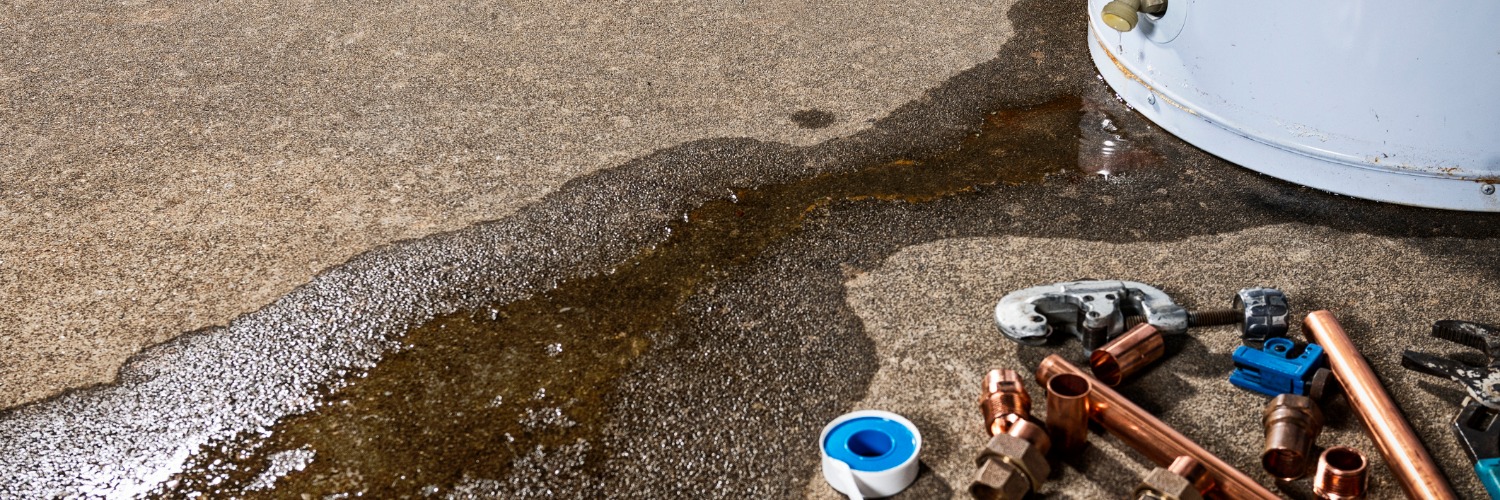We’ve been celebrating Energy Efficiency Day all month long with interesting facts about one of the most essential appliances in the home: the hot water heater. Conventional water heater design is 130 years old and ripe for innovation. Happily, new technologies are bringing significant energy efficiencies to the humble water heater.
Sense customers have discovered that old, inefficient water heaters can be their biggest energy hogs. Minor tweaks, upgrades or even replacements can lead to big savings. One of our favorite stories comes from Chris H. in North Carolina.
When he got Sense up and running, Chris says, “I was floored at how much our electric water heater was pulling to heat the water. Sometimes it would run for an hour or two at 900 watts. It cost $600 per year to power that water heater.” Knowing that his water heater was about 20 years old, Chris decided to plan ahead rather than waiting for the heater to break down. He bought a hybrid water heater that uses about a fifth of the power and immediately saved about $41 per month.
Howard S. bought a new home in Florida and discovered that the electric water heater was using about 4800 watts when it ran. Says Howard:
My first impulse was to run out and buy a hybrid unit to replace the electric hog. I saw that the yellow and black stickers on the hybrid claimed $125 a year in electricity while the all-electric is rated at $525. So, first instinct was ‘wow I can save $400 a year by buying a unit that costs about $1,200, or a simple payback of three years.’ But then I took some time and got enough historical info from Sense to see that I was not actually using that much. Those ratings are based on an average family of four, and we are only two people. My usage was trending at between $150 to $200 on an annualized basis, so the capital expense did not make sense.
Nice analysis, Howard!
Wondering whether to replace your water heater? Once Sense has told you how much energy your water heater is using, you need to do some homework to decide about replacement. The Office of Energy Efficiency and Renewable Energy has a helpful energy usage calculator for electric and gas water heaters, and solar water heaters.
Sometimes, though, a simple tweak makes a big difference. David R. had a problem at his home in New Hampshire: Monthly electric bills had ballooned past $300. He bought Sense to diagnose the hidden problem and immediately discovered his new hot water heater turning on three times an hour at 13kWh. He checked the settings and discovered it was set to Performance mode. Changing to Energy Saver mode solved the problem—the water heater now uses a 10th of the energy it was using before. David estimates $500 per year in savings.
Fernando U. in Colorado used Sense to assess how his solar water heater was performing after he fixed a problem with the system. He verified that the heater’s energy usage had dropped from 14kWh per day to 7kWh, a potential savings of $250 per year. To see these and other stories about energy savings, check out Sense Saves.
Here are some additional tips for optimizing your water heater:
- Use a timer that turns off your water heater at night, when you’re away on vacation, or during peak demand times if you’re on a peak demand energy pricing plan.
- Lower the thermostat: while most hot water heaters arrive set at 140°F, they can safely be lowered to 120°F. You likely won’t even notice the difference and can save anywhere from 3 to 5% for every ten degrees lowered.
- Insulate the tank and pipes: By insulating the delivery pipes, hot water will arrive to your faucet warmer than without insulating, requiring less time to get to the desired temperature. By insulating the tank, you can net savings up to 9% on your heating bill.
- Mind your usage. An obvious option — and the mantra of dads everywhere, second only to “Turn off the lights!” — is to take shorter showers. But don’t forget about the washing machine or the dishwasher. Do those clothes really need to be cleaned in scorching hot water?
The hidden, homely water heater is essential to our comfortable daily lives but it’s easily overlooked. As winter approaches and to celebrate Energy Efficiency Day yourself, take some time to check out your water heater and see if it’s performing as efficiently as possible.
